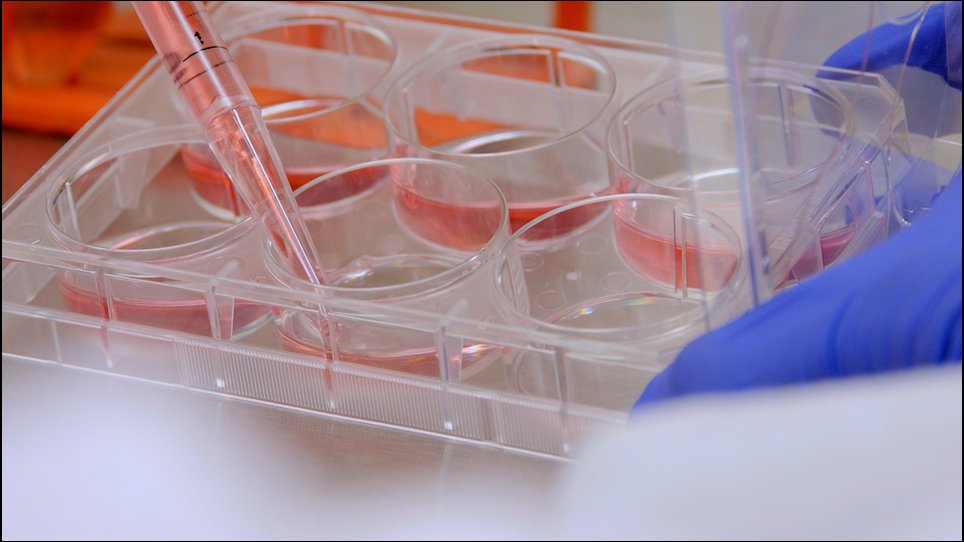
image credit- shutterstock
Cartherics, a biotechnology company developing immune cell therapies for the treatment of cancer, has entered into a Technology Licence Agreement (TLA) with The University of Queensland’s commercialisation company UniQuest and The University of Sydney in Australia.
In parallel, Cartherics, The University of Queensland (UQ) and The University of Sydney have entered into a related Material Transfer Agreement (MTA). This agreement provides access to one of Cartherics’ Induced pluripotent stem cells (iPSC) lines to develop iPSC-derived cardiomyocytes (iPSC-CMs) for the treatment of cardiovascular diseases under a Medical Research Future Fund (MRFF) Stem Cell Mission grant titled 'Induced pluripotent stem cell derived cardiomyocytes: a new therapy for 'no-option' end stage heart failure'.
This innovative cardiac cellular therapy research is led by The University of Sydney’s Professor James Chong and Professor Peter Gray at UQ’s Australian Institute for Bioengineering and Nanotechnology (AIBN), supported by the $4.9 million Medical Research Future Fund (MRFF) grant.
iPSC-CMs have the potential to regenerate damaged heart tissue, improving heart function and patient outcomes. Using scalable production techniques, iPSC-CMs represent a promising therapeutic approach for a range of cardiac conditions, offering hope for more effective cardiovascular treatments.
Under the TLA, UniQuest and The University of Sydney have the exclusive right to the Cartherics’ IPSC line in the field of cardiovascular diseases to commercialise the iPSC-derived cardiomyocyte products developed by the two universities. Also, under the TLA, Cartherics gains access to technology developed by the universities related to propagation and characterisation of the iPSC line and cells derived from it, for use outside the field of cardiovascular disease. A reciprocal revenue sharing arrangement applies to products developed and commercialised from the iPSC line in the field of cardiovascular disease and for products outside the field, respectively.




